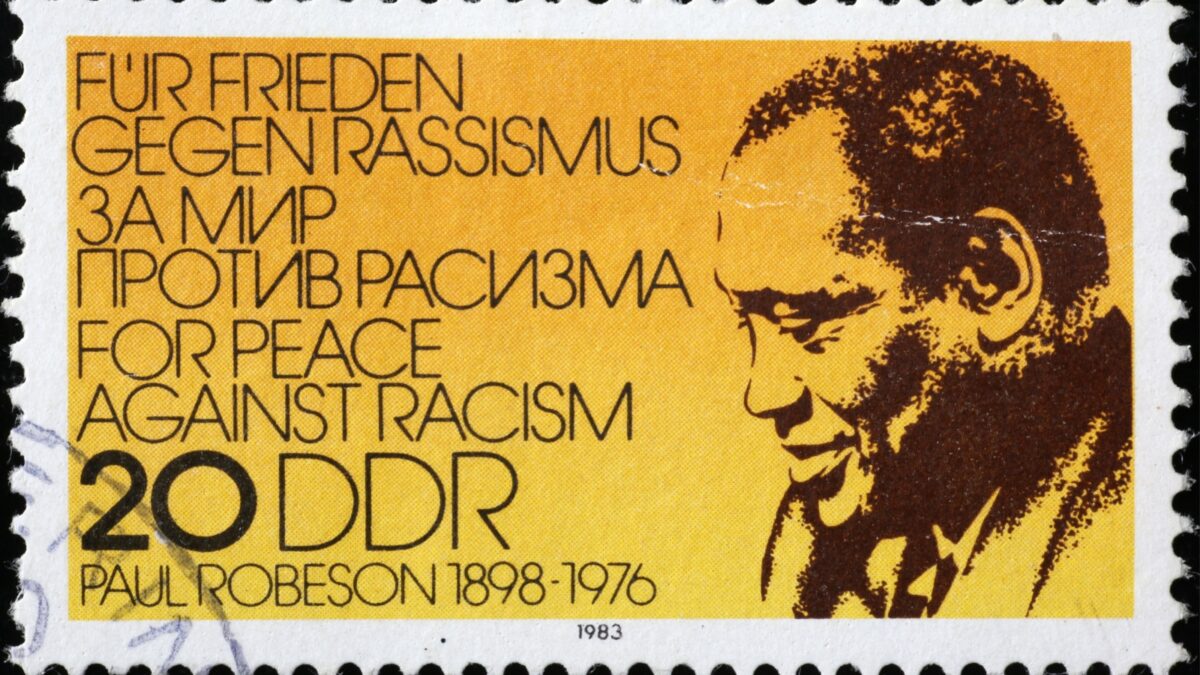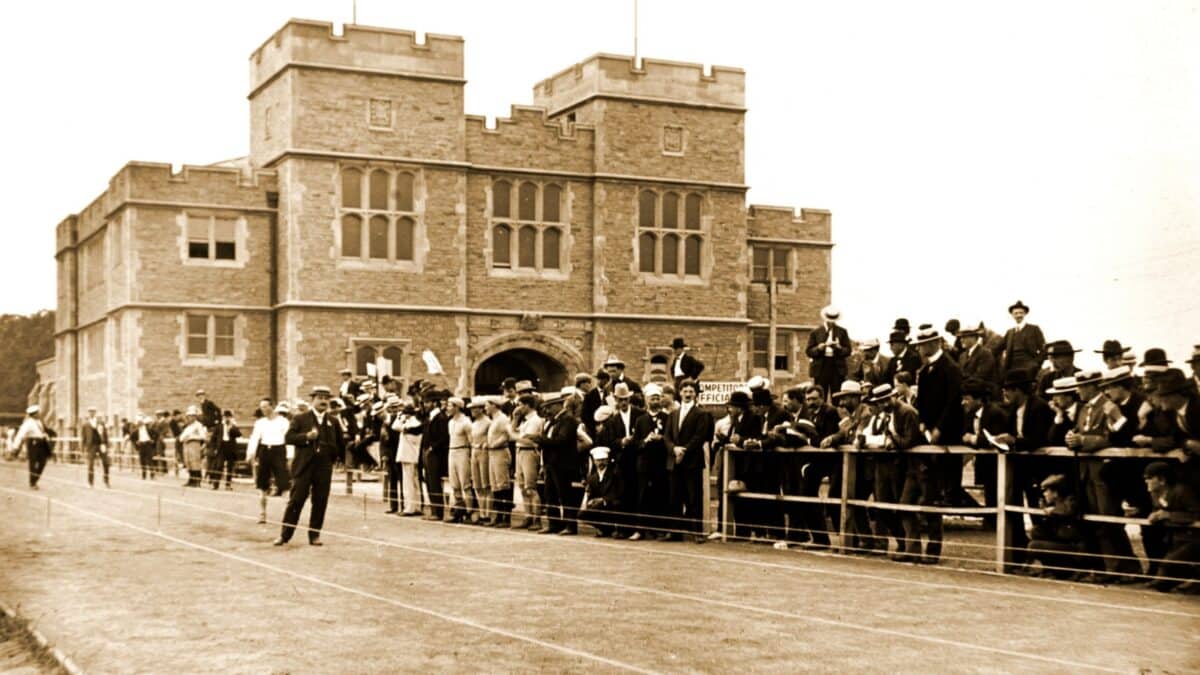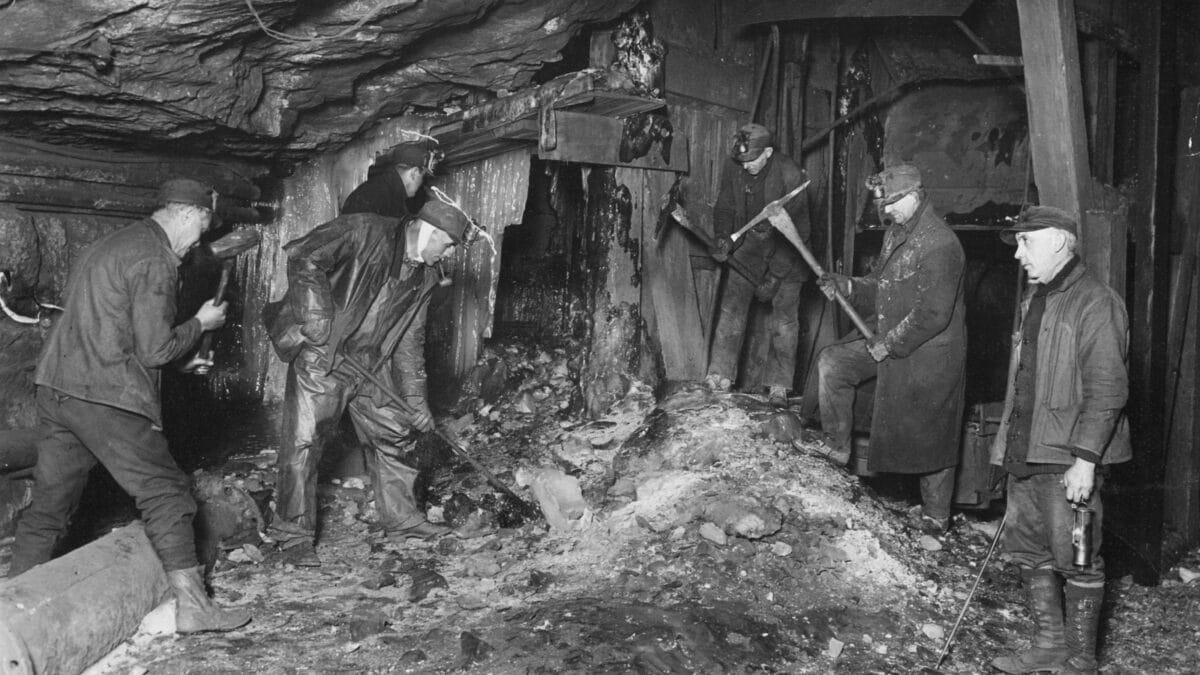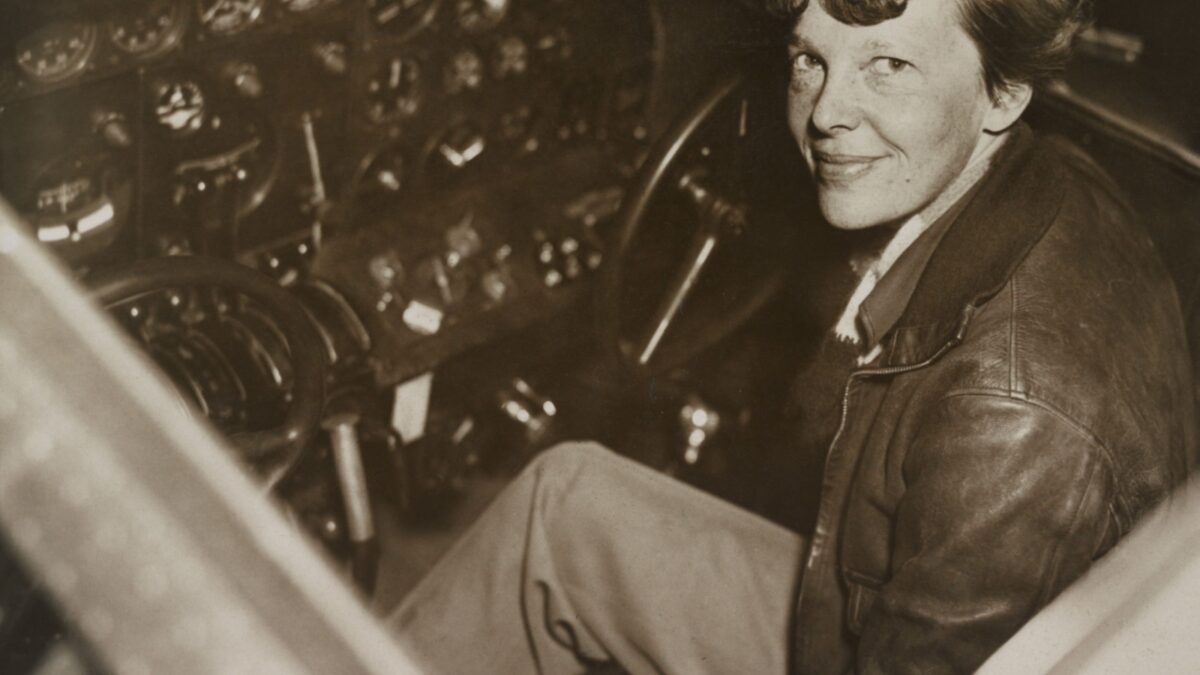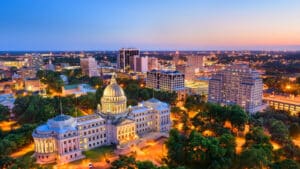10 Lesser-known People Who Made an Incredible Impact on America
U.S. history is filled with fascinating stories that even the most dedicated history buffs might overlook. We should celebrate those lesser-known Americans who have made significant contributions to our nation. These hidden folks—scientists, activists, and leaders—often worked behind the scenes or in fields that don’t get the attention they deserve.
Most Americans have heard the Revolutionary War tale of Paul Revere’s alert to the troops, “The British are coming!” But, it wasn’t until I was in my 20s that I heard about Sybil Ludington’s heroic midnight ride, where she traveled 40 miles on horseback in one night to warn about a British attack prior to Revere’s famous ride.
A recent message board discussion offered a wealth of opinions about niche Americans who’ve left their mark on our culture and society. This might be the first time you see some of these names, but I promise you—they’ve probably influenced your life in one way or another!
Robert H. Jackson

Who would have guessed that a self-taught lawyer could shape American history? After studying law with a local attorney, Robert H. Jackson raced through a two-year program at Albany Law School in just one year. By 21, he was already practicing law, and in 1945, President Truman appointed him to prosecute Nazi war criminals at the Nuremberg trials.
While serving on the Supreme Court, Jackson fiercely defended civil liberties, especially First Amendment rights, advocating for a strong separation between church and state. He even dissented in the Zorach v. Clauson case, opposing the ruling that let students leave school for religious education.
Thurgood Marshall
Many people believe major civil rights cases just appeared out of nowhere, but that’s far from the truth. They were the result of a dedicated campaign by the NAACP, led by Thurgood Marshall.
Marshall dedicated his life to fighting for justice for all Americans. He famously won Brown v. Board of Education, which deemed segregated schools unconstitutional. Plus, he made history as the first African-American justice on the Supreme Court.
Thomas Midgey Jr.
While many Americans have made amazing contributions to our nation, some have definitely left a negative mark. I’m talking about someone whose chemical inventions actually sped up climate change.
Thomas Midgey Jr. created leaded gasoline and CFCs, two of the most damaging pollutants of the 20th century. Adding lead to gasoline exposed people to lead poisoning, while CFCs damaged the ozone layer. Leaded gasoline has been linked to a number of health problems, including kidney issues and brain impairments. Interestingly, when lead was taken out of commercial gasoline in 1975, the country’s average IQ actually went up. After NASCAR stopped using leaded fuel, schools near their tracks saw test scores improve. Now, that’s an impact!
Charles Wardell Stiles
For over three centuries, the American South suffered from a deep-seated lethargy caused by a sneaky culprit: the hookworm, or Necator americanus. These pesky bloodsuckers infested the intestines of up to 40% of the population from southeastern Texas to West Virginia, hampering development and fueling stereotypes about lazy Southerners.
Thankfully, Dr. C.W. Stiles stepped in, figuring out how hookworms spread. Soon after, a simple two-pill treatment was developed. His efforts led to the formation of the Rockefeller Sanitary Commission in 1909, which launched a five-year campaign that greatly improved health and sanitation in the region.
Robert (Bob) Taylor
While the internet came into prominence in the 1990s, the innovations that made it possible had been decades in the making. Bob Taylor set the stage for many modern technologies we now take for granted.
In 1966, Bob Taylor came up with the idea while juggling three computer terminals linked to different mainframes in his office. The Advanced Research Projects Agency Network (ARPNET) made strides as the first public packet-switched network. ARPANET took off in the early 1970s, attracting universities and government systems, and by 1975, it was fully up and running. ARPANET launched early internet models through list servers and laid the groundwork for voice communication protocols, password protection, and data encryption.
John Muir
Every April 20th, we celebrate John Muir’s birthday to honor his incredible contributions to nature preservation. This Scottish-born American naturalist and writer played a huge role in creating Sequoia and Yosemite National Parks.
Muir famously wrote that “only Uncle Sam” could save our lands for future generations, which inspired the formation of the National Park Service in 1916. Muir even took President Roosevelt on a four-day trip through Yosemite, where Roosevelt ditched his security detail to explore the park with him.
Paul Robeson
Not enough people talk about Paul Robeson, a remarkable champion for civil rights worldwide. He was a strident critic of fascism, fought for workers’ rights, and stood up for oppressed people during his travels. After World War II, he became one of America’s most vocal anti-racism advocates.
But he was much more than that! Robeson’s incredible talent lit up the stage in productions like The Emperor Jones and Othello, challenging racial stereotypes and boosting African American representation in the arts. His powerful baritone voice brought songs like “Old Man River” to life, making him an international star.
Tippi Hedren
If you get regular manicures, you may notice that many nail salons are owned by people of Vietnamese heritage. Tippi Hedren, the lead actress in Alfred Hitchcock’s The Birds, played a big role in making that happen.
Hedren helped 20 Vietnamese refugee women resettle in America. During a visit to the refugee camp, the women noticed and admired Hedren’s nails. She then invited her manicurist, Dusty Coots, to teach them the art of manicure. By the late 1980s, over 125,000 Vietnamese refugees had settled in the U.S., and nail salons became a popular way for them to earn a stable income.
Dolores Huerta
Many recognize Caesar Chavez for his efforts in organizing farm workers, but Dolores Huerta deserves equal credit for her remarkable contributions. As a committed labor leader and activist, she worked tirelessly to improve conditions for migrant farmworkers and co-founded the United Farm Workers of America. In 1960, she established the Agricultural Workers Association, providing English classes, voter registration, health clinics, and a credit union to empower the community.
She famously coined the phrase “Si se puede” when workers doubted they could achieve what Californians had. Barack Obama later used its English translation, “Yes we can,” as a powerful political slogan.
Fred McFeely Rogers
Anyone can make a big difference in America through simple, noble actions. Fred McFeely Rogers, more commonly known as Mr. Rogers, created and hosted the beloved children’s show that aired 895 episodes from 1968 to 2001. With his signature cardigans and the catchy “Won’t You Be My Neighbor” song, he transformed children’s television by breaking the fourth wall and engaging directly with his young audience.
Mr. Rogers made a lasting impact by verbalizing his actions, like feeding fish after a blind child asked for it. He also supported recording shows, testifying to Sony that they empowered viewers.
Source: Reddit
10 Events In History That Are So Ridiculous They Sound Fake
History is a crazy quilt made of both terrifying and downright absurd patches. Sure, we hear that history repeats itself, and it’s true—wars, economic crashes, pandemics—you name it. But it’s the truly bizarre stuff that makes you hope it never happens again. Here are a few of the most random and unthinkable historical events that are actually true.
Read more: 10 Events In History That Are So Ridiculous They Sound Fake
10 Moments In American History You’ve Never Heard Of
There are wars, battles, and major events in American history that we all hear about over and over, like the Battle of Gettysburg, D-Day, and Martin Luther King Jr’s March on Washington. Some historical events are significant yet not discussed much in school books. A recent online message board voted on some of the following most interesting historical moments.
Read more: 10 Moments In American History You’ve Never Heard Of
10 of the Biggest Mysteries Throughout History
Strange disappearances, lost civilizations, and unsolved murders make up this list of the biggest mysteries throughout history. Some are current-day active investigations, and some are thousands of years old, with the answers lost to time. According to an online message board, the following unexplained phenomena were voted as the top unsolved mysteries.






